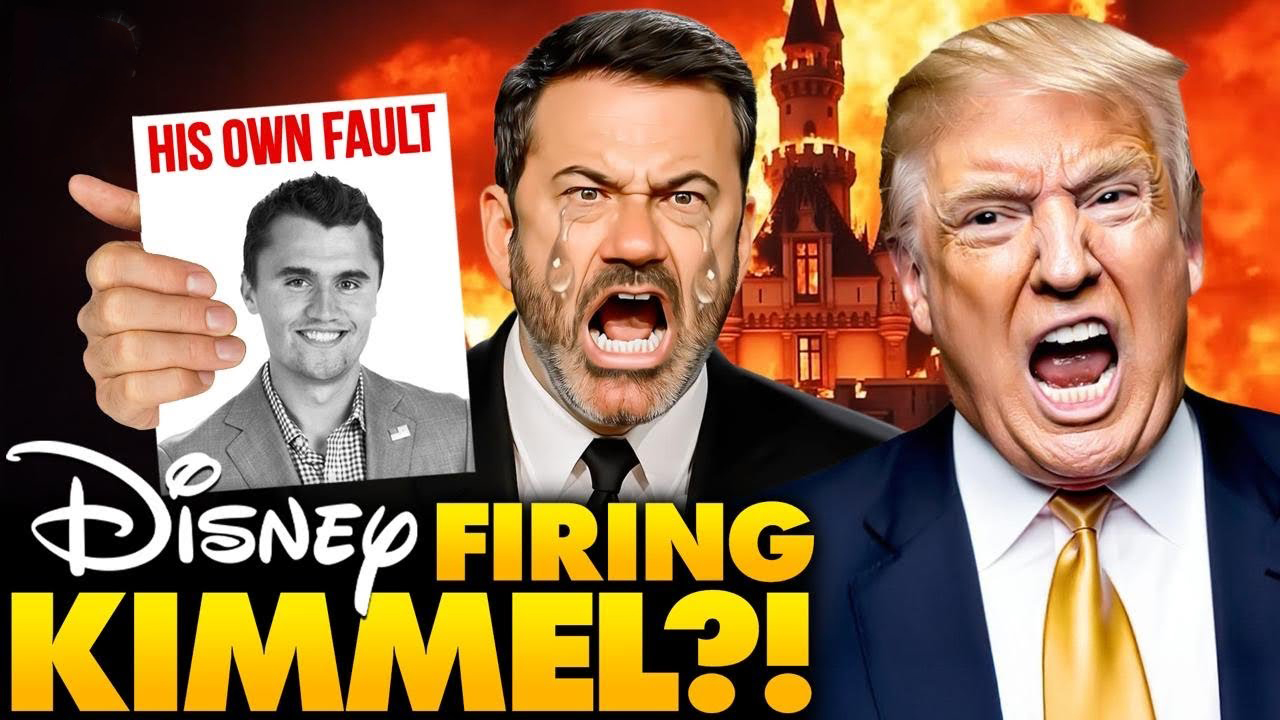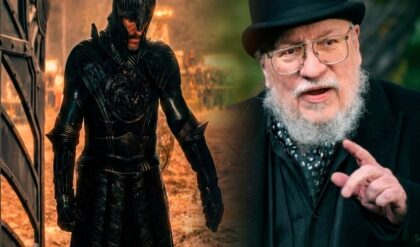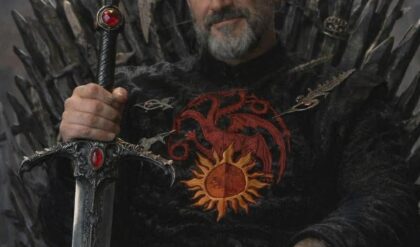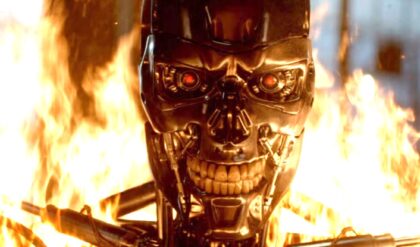😱 Did Jimmy Kimmel just cross the line? His SHOCKING claims about Charlie Kirk’s k*ller have America raging—and now his show’s been yanked by ABC! Some say he blamed Kirk for his own murder, and whispers are swirling that Disney might FIRE him. What did he say that caused this chaos? The truth will blow your mind… Click to dive into the drama! 👉

Jimmy Kimmel has always been a lightning rod. For over 20 years, the host of Jimmy Kimmel Live! has used his late-night platform to jab at politicians, tackle social issues, and occasionally make waves. But on September 15, 2025, Kimmel’s monologue about the assassination of conservative activist Charlie Kirk set off a firestorm that led to an unprecedented move: ABC pulled his show indefinitely. Some claim Kimmel lied about Kirk’s killer and even blamed the victim for his own death. Others whisper that Disney, ABC’s parent company, might fire him altogether. The truth is more complicated, and the fallout reveals a nation at odds with itself over grief, politics, and free speech. Let’s unpack what happened and what it means.
The Tragedy That Set the Stage
On September 10, 2025, Charlie Kirk, the 31-year-old co-founder of Turning Point USA, was gunned down during a speaking event at Utah Valley University. The shooter, 22-year-old Tyler Robinson, fired a single shot from a rooftop, killing Kirk instantly. Authorities later uncovered text messages where Robinson expressed frustration with Kirk’s rhetoric, saying he “had enough of his hatred.” Some reports suggest Robinson had recently leaned left, supporting causes like pro-gay and trans rights, but others argue his motives were personal, not political. The lack of clarity around Robinson’s intentions turned Kirk’s death into a political flashpoint, with both sides accusing the other of exploiting the tragedy.
Kirk was a polarizing figure. To his supporters, he was a charismatic leader who galvanized young conservatives. To critics, his rhetoric on issues like gun rights and cultural identity often crossed into inflammatory territory. His assassination sparked a national outpouring of grief, but it also fueled a bitter debate over who was to blame and how the tragedy should be framed.
Kimmel’s Monologue: A Misstep or Misrepresentation?
On September 15, Kimmel stepped into this charged atmosphere with his Monday monologue. “We hit some new lows over the weekend with the MAGA gang desperately trying to characterize this kid who murdered Charlie Kirk as anything other than one of them and doing everything they can to score political points from it,” he said, according to multiple sources. He also took swipes at Vice President JD Vance’s appearance on Kirk’s podcast and mocked President Trump’s response to the tragedy, comparing it to “a 4-year-old mourning a goldfish.” The remarks were vintage Kimmel—sharp, satirical, and aimed squarely at conservative figures.
But the backlash was swift. Conservative commentators accused Kimmel of lying about Robinson’s motives, pointing to reports that the shooter had left-leaning views, not MAGA affiliations. Some, like FCC Chairman Brendan Carr, went further, calling the comments “the sickest conduct possible” during an interview with podcaster Benny Johnson. Carr suggested that ABC and its affiliates could face regulatory consequences, such as license revocations, if they didn’t act. The claim that Kimmel “blamed Kirk for his murder” seems to stem from interpretations of his remarks as insensitive, though no direct quote supports this accusation. Instead, Kimmel appeared to criticize conservatives for politicizing the tragedy, not Kirk himself.
The reaction escalated when Nexstar Media Group, which operates 32 ABC affiliate stations, announced it would preempt Jimmy Kimmel Live! indefinitely. “Mr. Kimmel’s comments about the death of Mr. Kirk are offensive and insensitive at a critical time in our national political discourse,” said Nexstar’s broadcasting chief, Andrew Alford. Sinclair Broadcast Group followed, demanding an apology and suggesting Kimmel donate to Kirk’s family and Turning Point USA. By September 17, ABC confirmed the show’s indefinite suspension, a decision reportedly made by Disney CEO Robert A. Iger and television chief Dana Walden.
Disney’s Decision: Caving to Pressure?
ABC’s move stunned the entertainment world. Kimmel, a late-night staple since 2003, has weathered controversies before—his feuds with Trump, his emotional pleas for healthcare reform, and his jabs at conservative figures have all drawn heat. But this time, the response was different. Sources suggest Kimmel was blindsided and furious, with some reporting he’s “f–king livid” over the suspension. The claim that Disney might fire him, however, appears speculative. A CNBC report explicitly states Kimmel has not been fired, and Disney plans to discuss his return, possibly with guidance on how to address the controversy.
The timing raises questions. Nexstar is seeking FCC approval for a $6.2 billion merger with Tegna, and Sinclair has business pending before the Trump administration. Some analysts see their decisions to preempt Kimmel’s show as a bid to curry favor with regulators. President Trump fueled this narrative, posting on Truth Social, “Great News for America: The ratings challenged Jimmy Kimmel Show is CANCELLED.” He even called for action against NBC hosts Jimmy Fallon and Seth Meyers, signaling a broader campaign against critical voices in late-night TV.
A Polarized Response
The controversy has laid bare America’s deep divisions. Conservatives argue Kimmel’s comments were not only tasteless but also misleading, given the uncertainty around Robinson’s motives. X posts reflect this anger, with one user writing, “Kimmel’s lies about Kirk’s killer are grounds for removal from polite society.” Others pointed to Kirk’s role as a conservative hero, seeing Kimmel’s remarks as an attack on their values.
Kimmel’s defenders, however, see the suspension as an overreach. They argue his comments were satirical, meant to highlight the hypocrisy of politicizing a tragedy. “Kirk spent years stoking division—Kimmel just called it out,” one X user wrote. Free speech advocates, like the ACLU’s Christopher Anders, warned that ABC’s decision sets a dangerous precedent, accusing the network of “cowering to threats” from the Trump administration. Senator Chris Murphy echoed this, tweeting, “This is how you silence dissent—one show at a time.”
The truth about Robinson’s motives remains murky. While his mother and prosecutors suggest a left-leaning shift, other reports indicate personal grievances may have driven him. Kimmel’s claim that the shooter was part of the “MAGA gang” was likely an oversimplification, rooted in a now-retracted DOJ study on right-wing violence he referenced.
The Future of Late-Night Comedy
Kimmel’s suspension is part of a larger reckoning for late-night TV. Just months ago, CBS canceled The Late Show with Stephen Colbert, citing financial pressures but sparking speculation of political motives. With viewership declining—Kimmel’s show averaged 1.57 million viewers in 2024—the genre is struggling to stay relevant. Hosts like Kimmel have leaned into political commentary, moving away from the neutral humor of Johnny Carson’s era. But in a polarized world, every joke carries risk.
The involvement of the FCC, a government agency, raises alarms about censorship. Carr’s threats suggest a willingness to use regulatory power to silence critics, a trend that worries free speech advocates. As one analyst put it, “When a comedian loses his show over a monologue, it’s not just about Kimmel—it’s about who gets to speak.”
What’s Next for Kimmel?
Kimmel’s next steps are unclear. Sources say he’s exploring streaming or independent media, where he may have more freedom. His resilience—overcoming early career flops and personal challenges—suggests he won’t stay quiet. Whether ABC reinstates the show or Kimmel moves on, the controversy has reshaped his legacy and the late-night landscape.
For now, the absence of Jimmy Kimmel Live! is a stark reminder of the challenges facing comedians in a divided nation. The debate over Kimmel’s words—misstep or satire?—reflects broader questions about grief, accountability, and the role of humor in turbulent times. As America grapples with these issues, the fallout from this moment will echo far beyond the TV screen.





